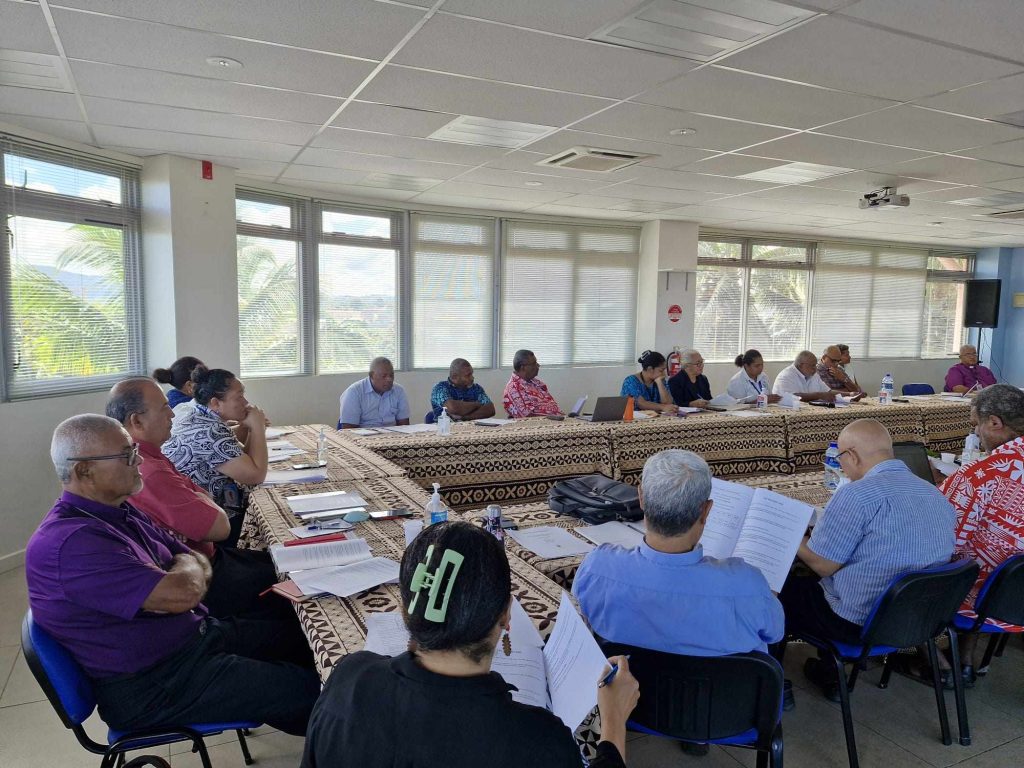
Spring clean your finances
Spring is the season of renewal. Just as we open the windows, clear out clutter, and give our homes a fresh start, it’s also the perfect time to review your financial life. A simple “spring clean” can help you spot small changes that add up to a healthier financial future.
Here are some areas to consider:
Dust off your budget
Take a fresh look at where your money is going. Start by reviewing the last few months of bank statements to see patterns in your spending. Are there services, memberships, or subscriptions you no longer use? Could you change service providers for your internet or insurance to free up a little extra? Add up how much you really spend on café and takeaway food and drink—you might be surprised. Even small adjustments can release money you could direct toward savings or debt repayment. A budget isn’t about restriction — it’s about clarity and choice.
Review your KiwiSaver
Your KiwiSaver account is one of the most important tools for your financial future, whether that’s buying a first home or preparing for retirement. Take time this spring to check:
- Are you still in a default scheme and not contributing? You could be missing out on growth opportunities and employer contributions.
- Are your contribution settings right? Increasing from 3% to 4% or 6% could add up to thousands more over time, especially with employer and government contributions.
- Is your fund the right fit? Consider whether your fund type aligns with your stage of life, financial goals, and appetite for risk. For example, younger members may prefer a more growth orientated fund, while those nearing retirement may prefer to take a more conservative approach.
Build or boost your emergency fund
An emergency fund provides breathing space when life throws unexpected expenses your way, including car repairs, medical bills, or appliance breakdowns. If you don’t already have one, start small: saving up $500 over time can make a big difference. If you already do have an emergency fund, consider topping it up toward the common target of three to six months’ expenses. Try:
- Rounding up purchases into savings if your bank offers the feature.
- Adding an extra $10 to your power or rates payments to build a buffer.
- Automating a weekly transfer into a separate account labelled “emergency fund” so it’s less tempting to dip into.
“The wise store up choice food and olive oil, but fools gulp theirs down.” (Proverbs 21:20)
Refresh your goals
Financial goals work best when they’re clear and specific. Instead of “I want to save more,” try “I will save $2000 by Christmas” or “I will increase my KiwiSaver contributions by 1% this year.”
Writing them down and checking progress regularly keeps motivation high. Goals can also shift with life seasons – perhaps you’re focusing on debt repayment now, but will shift to first-home savings or retirement planning in future.
Tidy up paperwork and passwords
A financial spring clean isn’t just about dollars and cents. It’s also about organisation. Gather important documents such as insurance policies, wills, and superannuation statements into one safe place (physical or digital).
Update your account passwords and ensure a trusted family member knows how to access key information in an emergency. This step may feel small, but it creates peace of mind for you and your loved ones.
Fresh habits for a brighter future
Small, intentional steps can bring clarity and momentum to your financial life. This spring, take time to pause, review, and reset. You might be surprised at how much lighter and more in control you feel when your finances are in order.
The New Zealand Anglican Church Pension Board trading as Anglican Financial Care is the manager and issuer of Christian KiwiSaver Scheme, The Retire Fund and The New Zealand Anglican Church Pension Fund. Product Disclosure Statements and Fund Updates are available on the Documents page of the AFC website (Pension Fund and The Retire Fund) and https://christiankiwisaver.nz/documents/ (Christian KiwiSaver Scheme).














